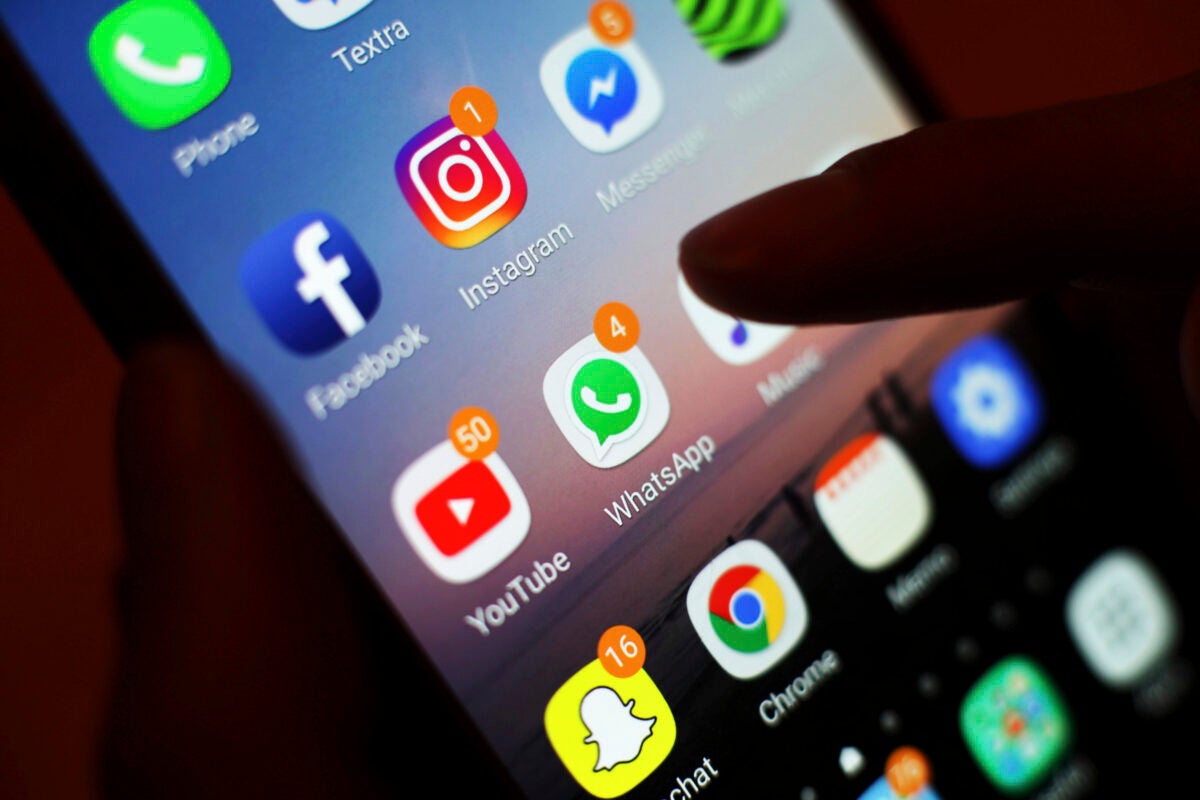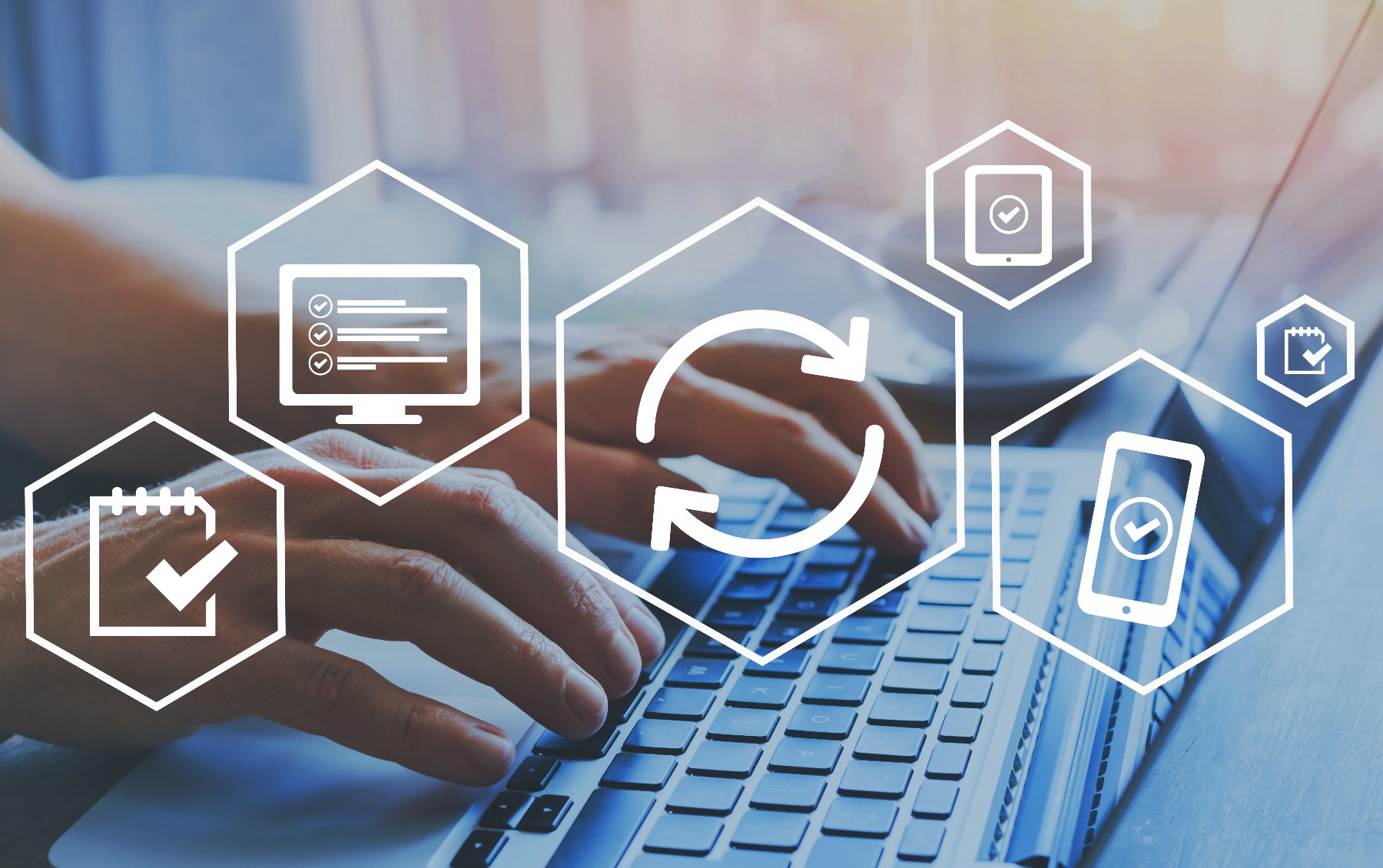Patch Management Strategies for Businesses
Patch management is a critical aspect of cyber security. It involves regularly updating software and applications with the latest patches and fixes...
2 min read
.jpeg) Michael Markulec
:
Sep 17, 2021 4:35:48 PM
Michael Markulec
:
Sep 17, 2021 4:35:48 PM

Mobile security should be a top priority for any smartphone user. Phones have quickly evolved in recent years to store and share our most sensitive data. Whether managing our finances, social life, or business info, these devices have valuable data from which malicious actors can profit. To stay safe, you'll have to select devices and apps that focus on security.
Many users are not prepared for the risks of using smartphones as a central touchpoint for all their essential data. While much of the weight does fall on users to behave safely, device and software developers have an equal duty to design secure platforms.
Mobile security continues to rise in importance with each passing year. The Internet of Things (IoT) is the most significant factor in this importance, connecting everything from our wallets to our home security systems to our phones. The growth in phone-centric technology opens all endpoint users and businesses alike to dangers.
Among the threats to user safety, these are some of the most common:
What's most important when it comes to protecting your personal or company's phones from smartphone security threats is actually the entire software environment. This means both the operating system of the phone and the apps it runs. Choose a phone that has the correct built-in security levels for you. Then, make sure you are only running secure apps on the phone.
Final Takeaway — 10 Tips for keeping your mobile phone safe and secure

Patch management is a critical aspect of cyber security. It involves regularly updating software and applications with the latest patches and fixes...

The Joint Cyber Defense Collaborative (JCDC) and CISA collaborated to create the "Protecting U.S. Elections: A CISA Cybersecurity Toolkit," which...

Security is more crucial than ever in the digital age. There's a good chance that you've heard about the rise in attacks over the past several years,...